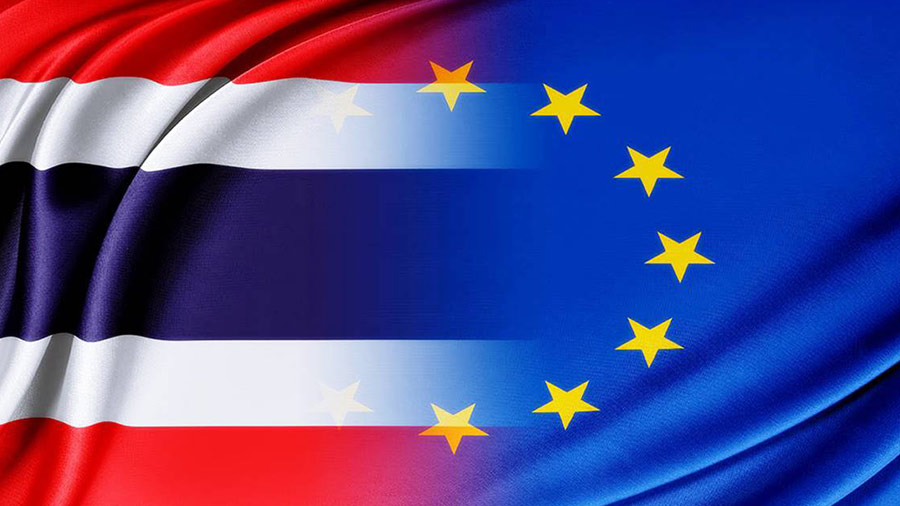After nearly a decade of stalemate, negotiations for an agreement between Brussels and Bangkok resume. Signing may pave the way for broader one between the two blocs
Finally, Thailand and the European Union have agreed to restart negotiations on a bilateral trade agreement, with the goal of concluding by 2025 an agreement that has been stalled for nearly a decade. Indeed, it was since 2014 that negotiations had stalled, coinciding with the military coup in the Southeast Asian country. Senior officials from both sides will begin talks in July in Thailand. The negotiations will cover trade in goods and services and investment in key sectors in Thailand where the EU wants to increase its share. A few examples? Renewable energy, electric vehicles and microchip manufacturing, which is seen as increasingly strategic globally. The EU is the second largest destination for Thai outbound capital and accounts for 14 percent of foreign direct investment from Thailand. Heavyweights in the Thai business community, such as real estate developer Central Group, have invested capital in Europe. The bloc is Thailand's fourth largest export market, receiving food products, raw materials, and electronic components from companies such as CP Group and Delta Electronics. The EU, on the other hand, accounts for 10 percent of foreign direct investment in Thailand. The Kingdom ranks fourth among the EU's trading partners in the region. Trade in goods between the two countries amounts to 50 billion euros ($53 billion) in 2022, while services amount to 8 billion euros in 2020. Thailand's trade surplus is 150 billion baht ($4.3 billion). Thailand plans to eliminate tariffs on exports to the 27 countries, particularly on automobiles and automobile parts, electronics, garments and textiles, food, and rubber. Thai manufacturers would also benefit from lower import costs for machinery, equipment and chemicals from the EU. This would be the EU's third bilateral free trade agreement in Southeast Asia, following those already signed with Singapore in 2019 and Vietnam in 2020. Two fortunate precedents, suggesting in the background the possibility that the negotiation with Thailand will serve as a flywheel to an EU-ASEAN free trade agreement in the future.






